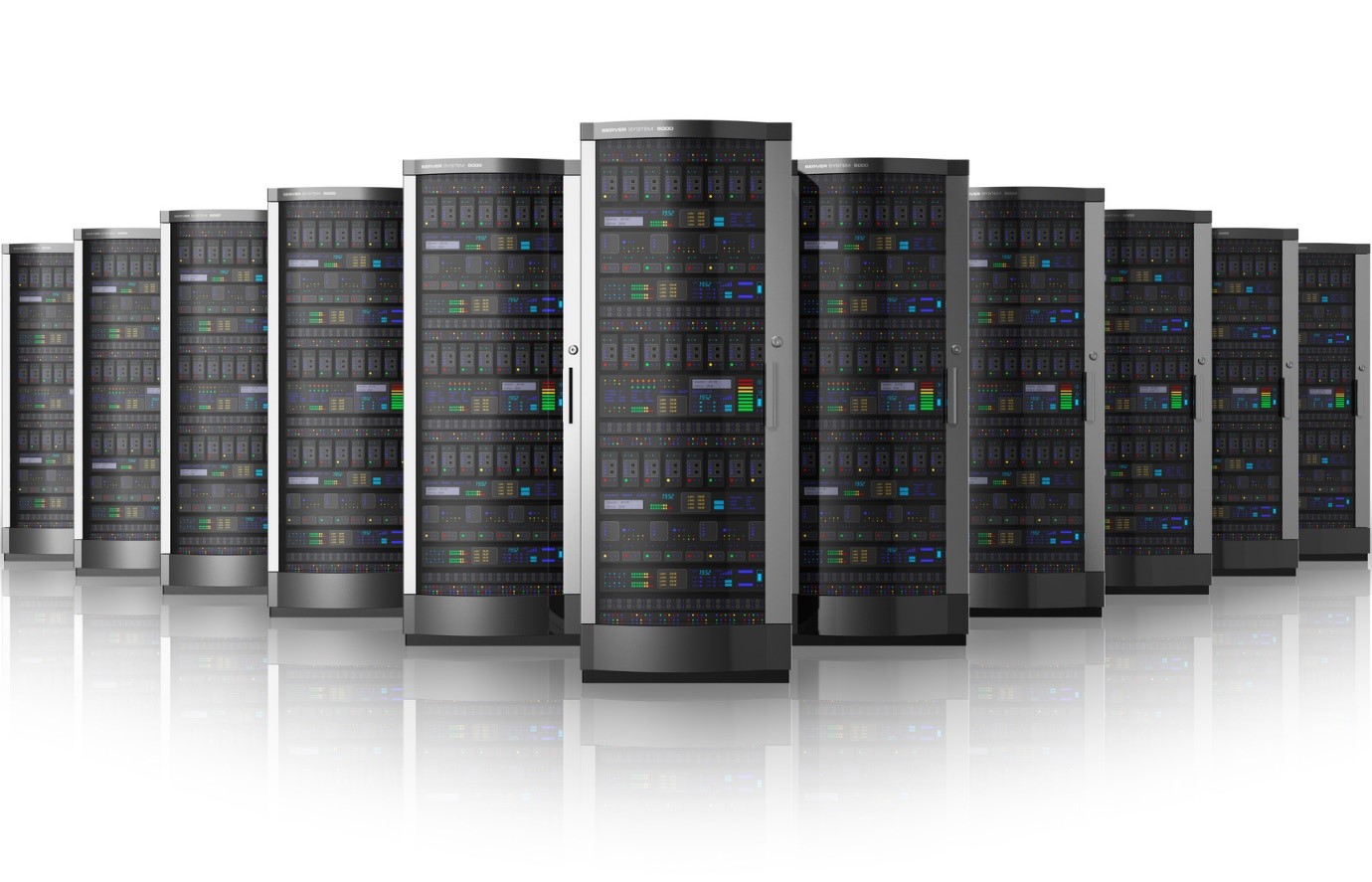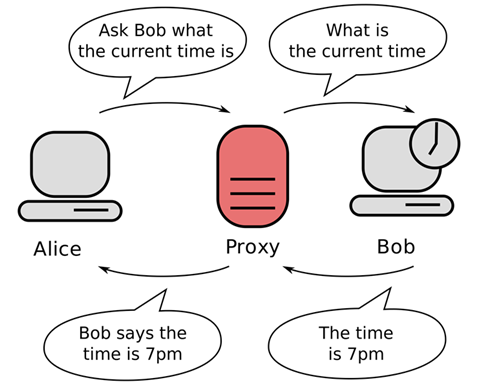Proxy servers – How may they serve you?
Servers are an integral part of the world’s digital ecosystem. They come in many different forms and ‘serve’ many different purposes. While on work experience, Charles Drew of Bishop's Stortford College, explored the role of proxy servers and how businesses are benefiting from their use.

What is a server?
A server is a computer that has the function of storing, retrieving and sending data to other computers (called clients) on a network. It may serve data to clients on a local area network (LAN) or a wide area network (WAN) over the Internet. There are many different types of servers including; file servers, that store files that can be accessed by other computers, mail servers, that store e-mail accounts and send and receive e-mail messages, and web servers, that store web pages for viewing by computers that connect to it.
A standard desktop or laptop computer can be turned into a server by downloading and running the appropriate server software. However businesses tend to use rack mountable hardware specifically designed for server functionality.
Where do proxy servers enter the equation?
We all make use of servers on a daily basis when browsing the web. For example, we may click on a hyperlink or type in a URL, this action is then sent to the web server which processes our request and sends the data back us in the form of a web page. In this example we, the client, connect to the web server directly, through use of a web browser.
A proxy server is a computer that functions as an intermediary sitting between the client (labelled Alice in the picture example below) and the real server (the endpoint - labelled Bob in the picture below). This breaks the direct connection between sender and receiver.

A proxy server intercepts requests from the client to see if it can deal with them more efficiently without the use of the real server. In the case of a web server it does this by caching previously loaded web pages. If it finds the page in its local cache, it returns it to the user without needing to forward the request to the Internet. If the page isn’t cached, the proxy forwards the request to the real server. (Cached pages are periodically monitored for changes so that they can be downloaded to reduce the chance of outdated pages being displayed.)
As the request from the client goes to the proxy server first, if this needs to be forwarded on to the real server, it comes from the IP address (a unique identifier of all devices connected to the internet) of the proxy, not the IP address of the client, which is hidden. The real server will then relay back to the proxy, which in turn relays this request back to the client i.e. there is no direct communication between the client and the real server, only through the proxy.
What are the benefits of proxy servers?
Improved performance through caching – proxy servers can store a copy of frequently visited webpages, enabling these to be loaded much faster locally, compared with going to the real server on the web. This can also reduce a company’s outbound traffic and resulting bandwidth requirement.
Security and privacy – proxy servers can filter out web content and malicious software, preventing it from reaching the client. Anonymity is also provided as clients’ IP addresses are not forwarded on to the real server and therefore less susceptible to hacking and tracking (real servers can find the cookies on a computer. The proxy server however will accept cookies, but cannot pass them on, meaning the real server will not receive them).
Filtering and user administration – proxy servers can be used by IT administrators to restrict employee access to certain websites and enforce company policies on internet usage. They may also be used to filter out adverts.
With a greater focus on data privacy than ever before, the future may hold more widespread use of proxy servers in the commercial environment.
Sources:
http://whatis.techtarget.com/definition/server
www.pc.net/helpcenter/answers/purpose_of_a_server
http://www.practicallynetworked.com/networking/does-your-network-need-a-proxy.htm
http://www.nclive.org/help/faq/how-does-proxy-server-work
http://www.pcmag.com/encyclopedia/term/49892/proxy-server
http://www.webopedia.com/TERM/P/proxy_server.html
http://whatis.techtarget.com/definition/proxy-server
http://computer.howstuffworks.com/web-server3.htm
http://www.howtogeek.com/178481/what-are-the-benefits-of-using-a-proxy/